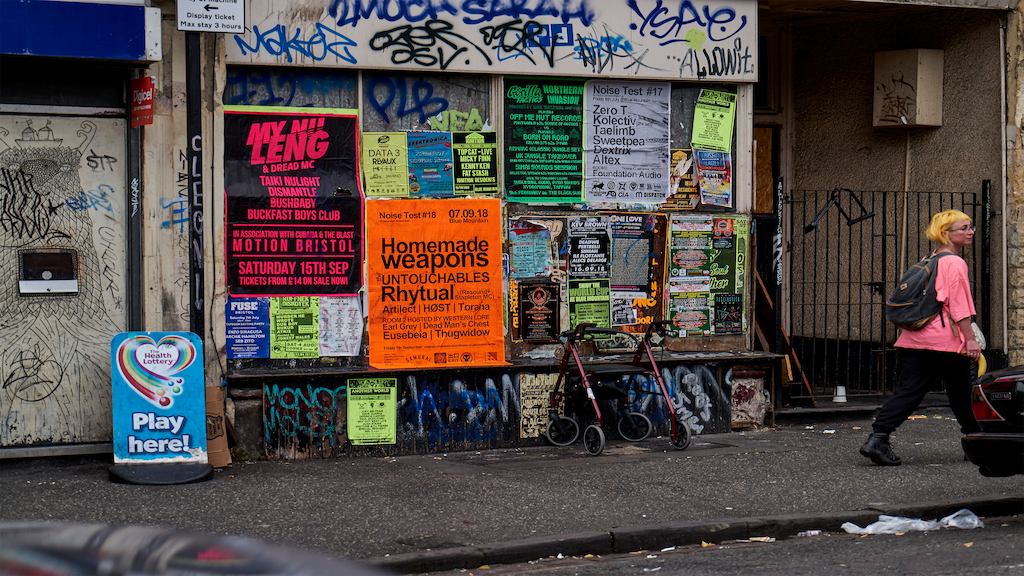We need to radically rethink our approach to ageing. The time for dither and delay is over. The great achievement of longevity could be overshadowed by shameful levels of ill-health, poverty and isolation.
Being ill and frail in old age is not inevitable. The NHS needs to put prevention at its heart, helping people to age healthily.
Our environment can help us to live well despite ill-health. Government must mandate that new homes are accessible, and builders, planners and councils must do their part to deliver them in every community.
Employers must do more to make workplaces age-friendly, with flexible working policies and equal opportunities for older workers and carers to work for as long as they want and need.
Society must work together to help communities be more age-friendly and inclusive, including better transport options and local services.
We mustn’t let the huge numbers of people currently in their 50s and 60s miss out on the wonderful extra years of life that their better-off peers will enjoy.
Right now, it’s the poorest who are hit the hardest. A failure to respond could have grave consequences for us all.
This article was first published on The Times Red Box.


